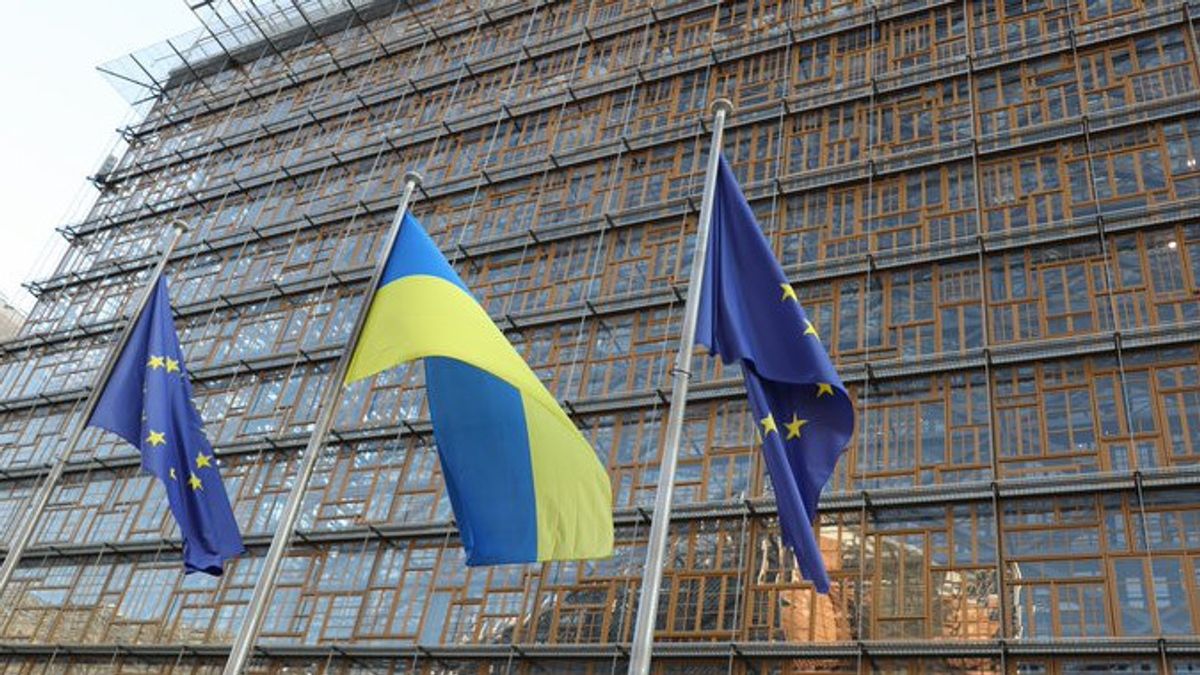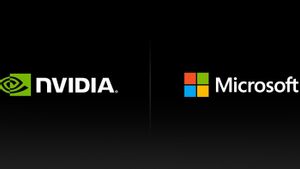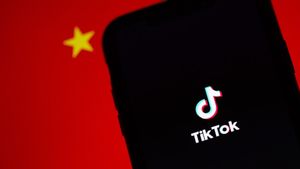JAKARTA - More than a dozen of the world's largest tech companies face unprecedented legal checks, as the widespread Digital Services Act (DSA) from the European Union (EU) begins imposing new rules related to content moderation, user privacy, and transparency this month.
Across the EU, a number of internet giants - including Meta Platform Inc's Facebook and Instagram platforms, the video app owned by Chinese company TikTok, and some Google services - are adapting to these new obligations, including preventing harmful content from spreading, banting or limiting certain practices against users, and sharing some internal data with regulators and related researchers.
The EU is considered a global leader in technology regulation, with more widely applicable laws - such as the Digital Markets Act and the AI Act - which are still on its way. The success of this bloc in implementing such legislation will affect the introduction of similar rules around the world.
However, researchers have raised questions about whether these companies have taken enough steps to meet the expectations of lawmakers.
Currently, this rule only applies to 19 of the largest online platforms, which have more than 45 million users in the EU. However, starting in mid-February, this rule will apply to various online platforms, regardless of size.
Companies violating DSA are at risk of being fined up to 6% of their global turnover, and repeat offenders may be banned from operating in Europe altogether.
Hingga kini big tech belum mengeluarkan tanggapan resmi atas langkah EU itu. Dua perusahaan yang disorotkan karena pengaturan awal - giant e-commerce Amazon dan pencer fashion Jerman, Zalando - saat ini sedang menangkat inklusi mereka dalam daftar tersebut di pengadilan.
اقرأ أيضا:
"We can expect that these platforms will fight desperately to maintain their practices," said Kingsley Hayes, head of data and privacy litigation at law firm Keller Postman. "Especially when new compliance rules interfere with their core business models."
STRESS TEST
Over the past few months, the European Commission said it had offered to conduct "stress tests" of the DSA with 19 platforms.
"Such tests assess whether these platforms can detect, address, and reduce systemic risk, such as disinformation," the Commission spokesperson said.
At least five platforms have participated in such tests - Facebook, Instagram, Twitter, TikTok, and Snapchat. In each case, the Commission says that more work is needed to prepare for DSA.
Now, just as these rules came into effect, research published on Thursday, August 24 by nonprofit Eko showed that Facebook still approved online advertising containing malicious content.
The organization filed 13 advertisements containing malicious content to be approved, including one that prompted violence against immigrants and the other that demanded the assassination of a prominent member of the European Parliament (MEP).
Eko said that Facebook approved eight of the ads submitted within 24 hours and refused five. Researchers removed the ads before they were published, so no Facebook users saw them.
In response to Eko's research, Meta said, "This report is based on examples of very few advertisements and does not represent the number of ads we review every day around the world."
This year, another non-profit organization, Global Witness, claims that Google's Facebook, TikTok, and YouTube have approved ads that promote violence against the LGBT community (lesbian, gay, bisexual, and transgender) in Ireland.
Responding to Global Witness research, neither Meta nor TikTok said at the time that hate speech had no place on their platform, and that they routinely reviewed and improved their procedures. Google did not respond to requests for comment.
DIFFICULT BUSINESS
While none of the designated companies said they would violate the DSA, Amazon and Zalando had denied their inclusions on the list.
In July, Amazon submitted a legal challenge to the Luxembourg-based General Court, Europe's second-highest court, arguing that larger competitors in these countries were not appointed.
However, Amazon has introduced a number of new features as part of its DSA compliance program, such as a new channel for users to report misproduct information.
fashion retailer Zalando launched a similar legal challenge, claiming that because only 31 million monthly active users buy from third-party sellers on its platform, the number of active users is below the threshold of 45 million.
"It will soon be seen whether these appointed companies have avoided their legal responsibility," Hayes said. "Ordering these obligations will be a difficult business for every platform with a large user base."
The English, Chinese, Japanese, Arabic, and French versions are automatically generated by the AI. So there may still be inaccuracies in translating, please always see Indonesian as our main language. (system supported by DigitalSiber.id)


















